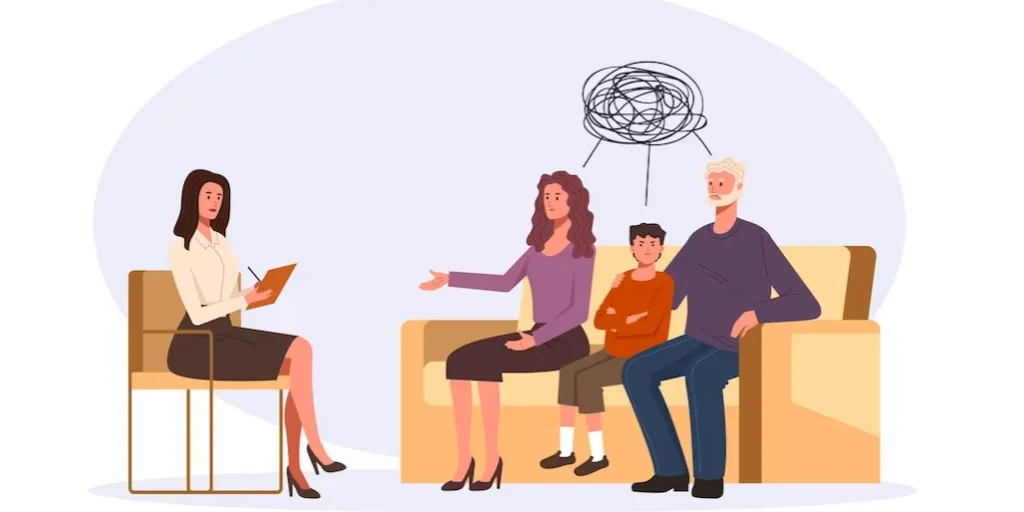24/7 Helpline:
(866) 899-221924/7 Helpline:
(866) 899-2219
Learn more about PTSD Treatment centers in Hagan

Other Insurance Options

Choice Care Network

Premera

WellPoint

Horizon Healthcare Service

PHCS Network

Magellan Health

American Behavioral

Optima

Oxford

CareSource

Lucent

UnitedHealth Group

Anthem

GEHA

Health Net

MHNNet Behavioral Health

Private insurance

Health Partners

UMR

Magellan



































